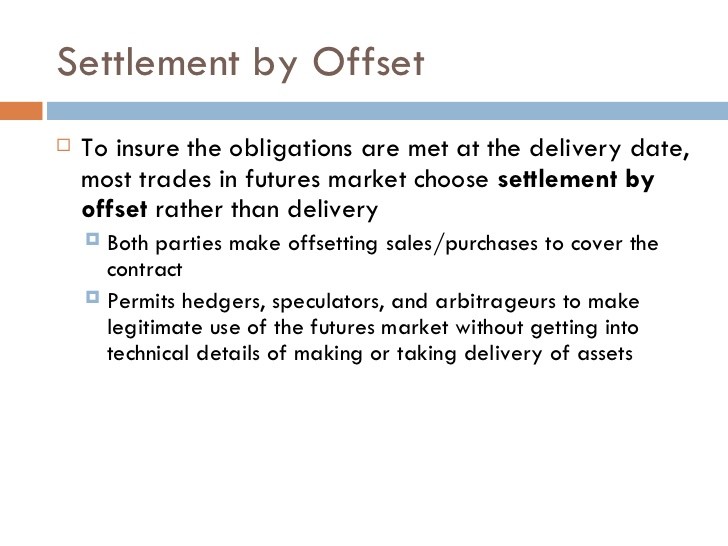Employee Stock Options What are they and how do they work
Post on: 7 Сентябрь, 2015 No Comment

M any employees have a benefit they may not be aware of, or may not understand. Im referring to employee stock options. Employee stock options, also referred to as company options, are a call option. If you are familiar with stock options trading . you will understand that to be an option to buy stock at a set price within a set time period.
Depending on your company, the strike price, and other factors, these stock options may be a wonderful benefit, or essentially worthless. Lets take a look at company stock options to answer a few questions, such as what they are, how to value them, and whether or not they are a good investment opportunity for you (and if they are, what you can do with them!).
How Do Employee Stock Options Work?
What are employee stock options?
Do you own employee stock options?
As you most likely already know, stock is ownership in a company. When a company offers stock options to its employees, it is offering them an opportunity to purchase ownership in their company, usually by offering employees the opportunity to buy a specified number of shares of their employer’s stock within a set time period and at a prices established by the company. This can present a great buying opportunity for employees if the strike price is lower than the current market price, or can make the company stock options essentially worthless if the strike price is substantially higher than the market price. (One company I work for awarded me 500 company stock options at a strike price of near $10, when the market price was at $4 and falling. The company later folded. Needless to say, this is an example of a worthless stock option!)
Why do companies offer stock options?
Stock options may be available for both private and publicly held businesses for several reasons. Companies face a lot of competition in the employee pool so they have an objective to entice and hang on to good employees.
Secondly, offering stock options enables workers to feel like more than just a worker. Employees with stock options can feel more like a business partner which is often reflected in job performance. Stock options are also offered as a form of compensation to skilled employees in an effort to go above and beyond a salary. Companies that are just starting out often use stock options as a way to attract talent but still allows them to hang on to as much money as they can.
Benefits of company stock options
The first benefit for an employee offered stock options is the price. Companies establish a price on the stock but then offer the employees the stock at a discounted rate. The goal primarily is that the share price will eventually increase and enable employees to sell the stock at a later time, yielding a profit. The downside to stock options is the possibility of holding stocks that do not perform very well, or in the worst case scenario, the company folding and being left with worthless stock.
Company stock option vesting periods

A vesting period is the terms of when an employee is allowed to by company stock. Typically, a company will space out the vesting period over a period of several years, allowing employees to buy only so much in shares for each year. For instance, an employee is offered 100 shares of stock in the company. The vesting schedule at the company is spaced out over a four year period. During the first year, the employee will be one-fourth vested, meaning they can purchase 25 shares of stock each year until they become fully vested after the fourth year. The vesting period may vary for each company, with some companies requiring employees to work for the company for several years before they are eligible to purchase employee stock options.
What employees can do with company stock options
Employees with stock options have various ways to utilize their stocks including:
- Convert and Sell – An employee can purchase the discounted shares, convert the options into stock and then sell all stocks after the required waiting period has ended.
- Sell and Keep – An employee can purchase the discounted shares and after the waiting period has ended, they can sell some of the stock they have immediately but keep the remaining stock to sell at a later date should the price rise in the future.
- Sell Later – An employee can purchase all options and convert them to stock. They can continue to hang on to the stock and watch pricing with the intent to sell in the future if and when share worth has increased.
Should you exercise employee stock options?
Company stock options come with a certain amount of risk. For example, most financial experts recommend not to buy too much company stock . You should also be aware of your time line because options have an expiration date. It is important to monitor the stock price leading up to the expiration date so you have a better idea of the value of your employee stock options.
If you receive employee stock options at a reasonable strike price and can make some money, it may not be a bad idea to exercise your options then cash them in immediately so you dont have too much of your portfolio in your companys stock. Keep in mind there will be tax implications if you make this move, so it will be a good idea to speak with a financial professional to better understand the financial implications of such a move.














